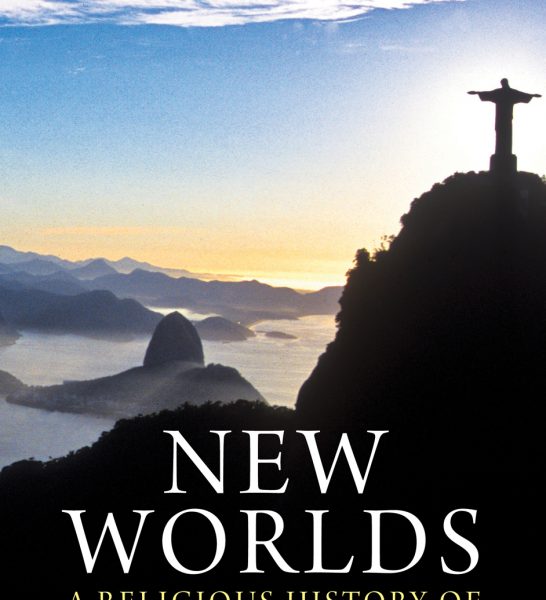The Political Role of the Church: Liberation Theology
Earlier this year, we introduced John Lynch’s book, New Worlds: A Religious History of Latin America, which charts the development of religion in Latin America from the colonial period up to modern times. While we focused then on the challenges faced by missionaries during the early colonization efforts, a substantial part of Lynch’s book is also dedicated to the crucial role that religion played in Latin America during the twentieth century. For instance, Lynch devotes a chapter to the assault on human rights perpetrated by military dictators in recent times, meticulously outlining arguments pointing to the resistance or, in some cases, complicity of religious institutions. One of the most fascinating topics in his study of the modern intersections between religion and politics is the Liberation Theology of the late Cold War, which Lynch praises as a revitalization of the role of the Church.
Liberation Theology was an important innovatory  movement on the part of the Latin American Church that allowed it to transcend its historical role as a hierarchy-focused, static institution. Interpreting the teachings of the bible through the lens of the poor and under-privileged in society, Liberation Theology called for the freeing of the oppressed from unjust social, economic or political conditions. The movement was founded by Gustavo Gutiérrez, a Peruvian Dominican Priest:
movement on the part of the Latin American Church that allowed it to transcend its historical role as a hierarchy-focused, static institution. Interpreting the teachings of the bible through the lens of the poor and under-privileged in society, Liberation Theology called for the freeing of the oppressed from unjust social, economic or political conditions. The movement was founded by Gustavo Gutiérrez, a Peruvian Dominican Priest:
“He argues that salvation is gained not simply by prayer, the sacraments, and personal faith but by working for the liberation of the full human person, body and soul. Sin is not confined to private moral behavior but has a wider dimension present in the structure of an unjust society, and to liberate the poor is to reject sin and begin a process of personal and collective salvation. In this view, redemption reaches beyond the individual to the liberation of communities. In fact, if the Church is to bear true witness to the Gospel it has to join the poor in their political struggle for liberation from poverty and injustice.”
In this vein, theology cannot remain apolitical, and the Church must play a part in liberating the oppressed from their chains. But with all the references to the inevitability of class struggle and the necessity of structural change, it is little wonder why Liberation Theology often invites criticism for being a form of “Christianized Marxism.” Although Gutiérrez was careful to downplay Marxist references, other proponents openly upheld the value of Marxist analysis. Lynch cites the case of one of the most prominent supporters of Liberation Theology, Leonardo Boff, who was forbidden to publish or speak about his work publicly for a year because the Church had taken issue with his extreme politicization of religious ideas.
On one hand, Lynch is critical of certain branches of Liberation Theology: he argues that the Marxist interpretation of history cannot be properly reconciled with Christianity, and, more significantly, points out that “to single out poverty as the unique justification of the Christian faith is to ignore other truths of revelation.” To Lynch, the latter view reflects a certain myopia among Liberation Theologists, whose ideas did not acknowledge the fact that Latin America “was not all peasants and poverty,” and whose interpretations did not seem to offer a message to the substantial middle-income communities.
Lynch nonetheless acknowledges the value of Liberation Theology in updating the significance of faith for believers in a rapidly changing world. “[I]t is worth recalling,” he writes, “that in an age when secularism was advancing at the expense of religion, it was the liberationists who rescued theology from oblivion and restored confidence to believers.” Lynch’s account of Liberation Theology is but one of many examples in New Worlds that provides a nuanced view of how institutionalized religion has influenced, and been influenced by, the changing social, political and economic conditions of Latin America throughout history.




